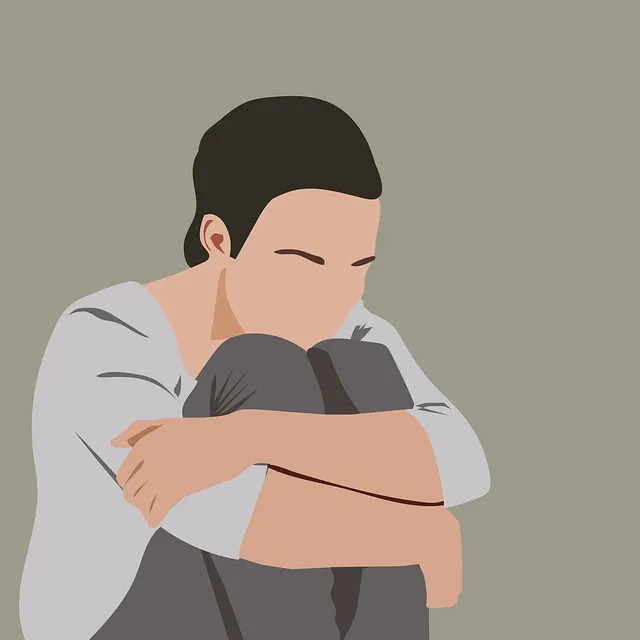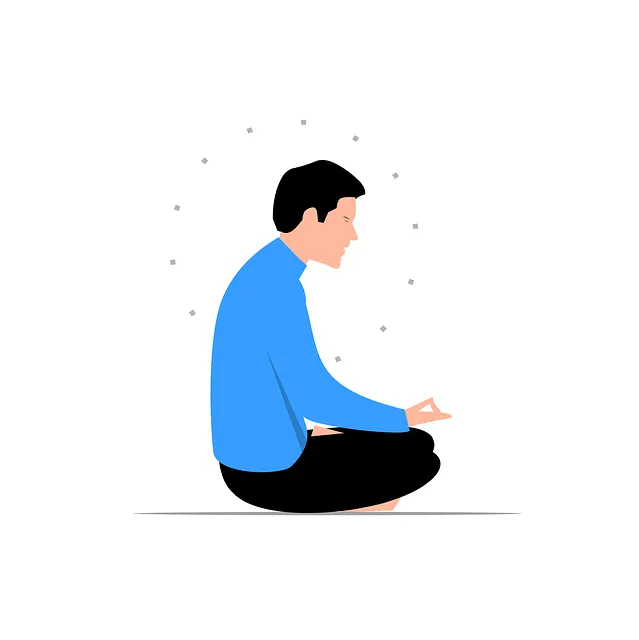Golden Kaiser Permanente psychiatry emphasizes resilience as a cornerstone of mental well-being, particularly in demanding professions like healthcare. They promote the RFM model (Resilience, Flexibility, Mastery) through workshops and programs to combat burnout, teaching essential tools for coping with adversity, adapting to change, and regaining control over work. Their holistic approach includes self-care integration, mental health education, and exercises like mindfulness and meditation, empowering individuals to prioritize emotional well-being and navigate life's challenges effectively. These practices have proven transformative across sectors, fostering a culture of mental wellness and improving outcomes in navigating difficult situations.
Resilience is a powerful tool in navigating life’s challenges. RFM (Resilience, Flexibility, and Mobility) exercises, backed by innovative practices like those employed by Kaiser Permanente Psychiatry, offer effective ways to build mental fortitude. This article explores the core concepts of RFM, delves into golden rules for resilience building, highlights Kaiser Permanente’s leading approach, provides practical tips for incorporating exercises daily, and shares real-world success stories. Discover how these strategies can empower you to face life’s storms with strength and agility.
- Understanding RFM: The Foundation of Resilience
- Golden Rules for Building Mental Fortitude
- Kaiser Permanente Psychiatry: A Leading Approach
- Incorporating Exercises into Daily Life
- Real-World Applications and Success Stories
Understanding RFM: The Foundation of Resilience

Resilience is a crucial aspect of mental well-being, especially within demanding professions like healthcare. At Golden Kaiser Permanente psychiatry, we recognize that building resilience is fundamental to preventing burnout, a significant concern among healthcare providers. The RFM model, or Resilience, Flexibility, and Mastery, serves as a powerful framework for enhancing resilience in individuals facing chronic stress.
This approach focuses on three key components: resilience, flexibility, and mastery. By fostering resilience, individuals can cope with adversity and maintain a positive outlook. Flexibility allows for adapting to changing circumstances, ensuring professionals can navigate the dynamic nature of healthcare without feeling overwhelmed. Mastery involves developing skills and knowledge, empowering providers to take control and find solutions, thereby reducing stress levels and enhancing job satisfaction. These exercises are vital tools in Burnout Prevention Strategies for Healthcare Providers and can be effectively taught through Stress Management Workshops Organization, creating a supportive environment where professionals thrive.
Golden Rules for Building Mental Fortitude

Building mental fortitude is a vital aspect of resilience, especially in navigating life’s challenges. The Golden Rules for Mental Fortitude, as outlined by Kaiser Permanente’s psychiatry experts, serve as a beacon for enhancing one’s coping abilities. Firstly, cultivating self-awareness is paramount; understanding your thoughts and emotions enables you to recognize when resilience is needed. This self-reflection forms the foundation for developing effective coping strategies.
Secondly, mental health education programs designed with a focus on community outreach can empower individuals through knowledge and support networks. Such initiatives facilitate open dialogue about mental well-being, encouraging participants to share experiences and learn from one another. This collective approach to mental health education and the implementation of coping skills development workshops have been proven to build resilience, offering valuable tools for managing stress and adversity.
Kaiser Permanente Psychiatry: A Leading Approach

Kaiser Permanente Psychiatry offers a leading approach to mental health care, renowned for its holistic and innovative methods. This organization emphasizes the importance of integrating self-care practices into daily routines, a key component in building resilience. Their Mental Health Education Programs Design encourages individuals to explore and develop personal coping strategies, fostering an environment where self-awareness and emotional well-being are prioritized.
Through initiatives like Self-Care Practices and Mental Wellness Journaling Exercise Guidance, Kaiser Permanente Psychiatry empowers individuals to take charge of their mental wellness. This proactive approach not only helps prevent the onset of mental health issues but also equips people with tools to navigate life’s challenges, ensuring a more resilient and fulfilling life.
Incorporating Exercises into Daily Life

Incorporating exercises into daily life is a powerful strategy for enhancing resilience and mental well-being, as recommended by leading organizations like Golden Kaiser Permanente psychiatry services. The beauty lies in finding activities that become integral parts of your routine, fostering a sense of normalcy and control. Simple yet effective practices such as mindful breathing or short meditation sessions can be woven into even the busiest schedules. These self-awareness exercises not only promote relaxation but also serve as valuable tools for managing stress and anxiety relief.
Regular engagement in physical activities, tailored to individual preferences, contributes significantly to depression prevention. Whether it’s a brisk walk in nature, practicing yoga, or joining a local sports group, these pursuits encourage social connections and provide an outlet for emotional expression. By integrating such activities into daily life, individuals can cultivate resilience, discover new passions, and take proactive steps towards maintaining their mental health.
Real-World Applications and Success Stories

In real-world applications, resilience building exercises have proven to be transformative across various sectors. Organizations like Golden Kaiser Permanente psychiatry have successfully integrated these practices into their programs, fostering a culture of mental wellness and enhanced coping mechanisms among their patients. The implementation of Stress Management Workshops Organization has shown significant improvements in individuals’ ability to navigate challenging situations, thereby improving overall mental health outcomes.
The Mind Over Matter Principles underpin many of these exercises, empowering people to take control of their psychological well-being. These techniques have been particularly effective in helping folks overcome trauma, manage anxiety, and build a robust coping strategy. Success stories abound of individuals who, through dedicated resilience training, have achieved remarkable personal growth and improved quality of life, setting a testament to the power of these exercises in promoting mental wellness.
Resilience is a powerful tool that can significantly enhance our ability to navigate life’s challenges. By understanding RFM (a key concept in resilience) and adopting exercises from leading approaches, such as those practiced by Kaiser Permanente Psychiatry, individuals can build mental fortitude. Incorporating these strategies into daily routines allows for the cultivation of resilience, enabling folks to thrive despite adversity. The real-world success stories highlighted demonstrate that with dedication, anyone can harness their inner strength and embrace a more vibrant and fulfilling life.

